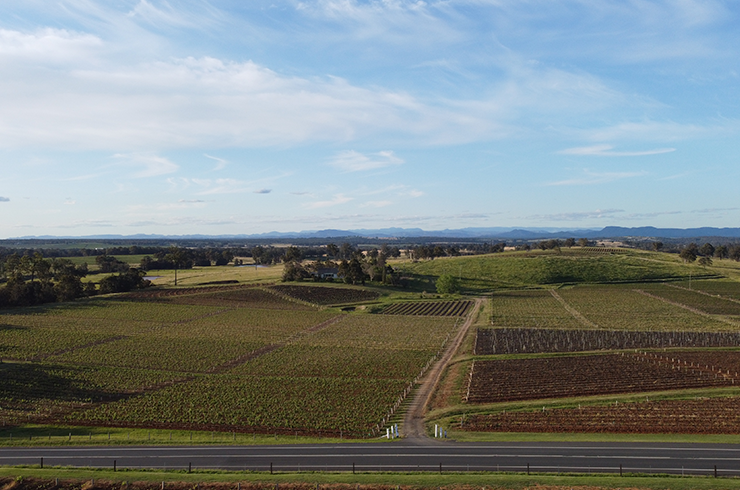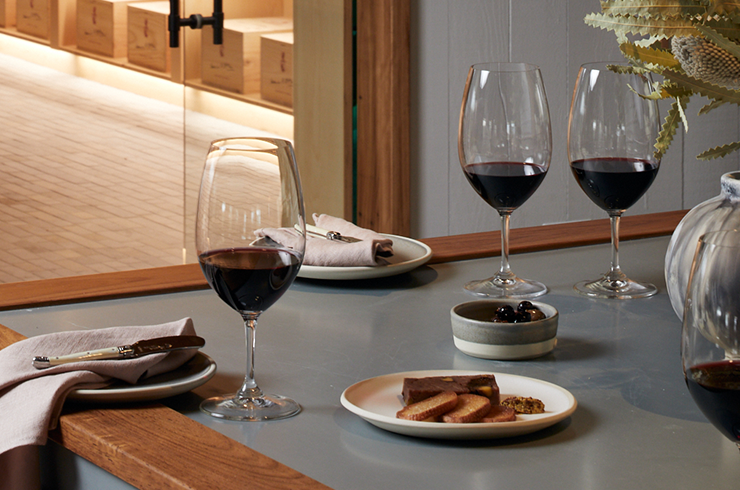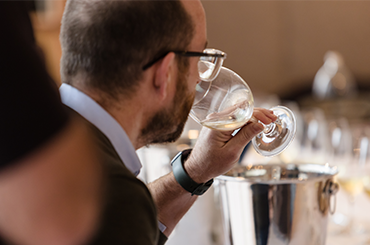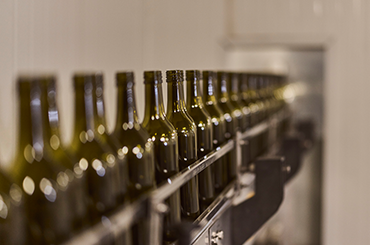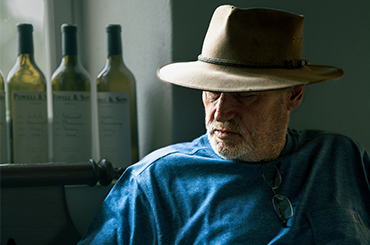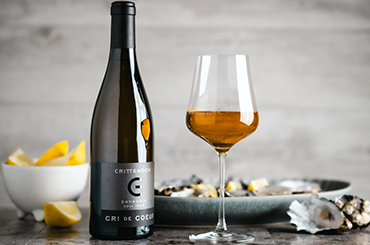In my early years as a writer, I’d practice writing sentences, single sentences, beautiful sentences. The theory was that if I could write a perfect sentence, and follow it with another, making a perfect paragraph, eventually I would have a high-quality story, or script, or novel.
My benchmark then was Truman Capote’s Breakfast at Tiffany’s – the novella, not the film – which was at the time the closest thing to sentence-by-sentence perfection I knew. I followed this approach for a long time.
Every day, a few sentences, practising. These years were important to my development but eventually I realised that this approach was folly. Style was more important than perfection. And voice – unique in the true sense of the word – was more important than perfection and style combined.
A lot of wines, even among the upper echelons, are the equivalent of sentence-by-sentence perfection. Among these there are also a great many with a clear and overt style. Wines that are perfectly grown and made, and have a true sense of their own style, are a wonderful thing. We are lucky to live among such bounty.
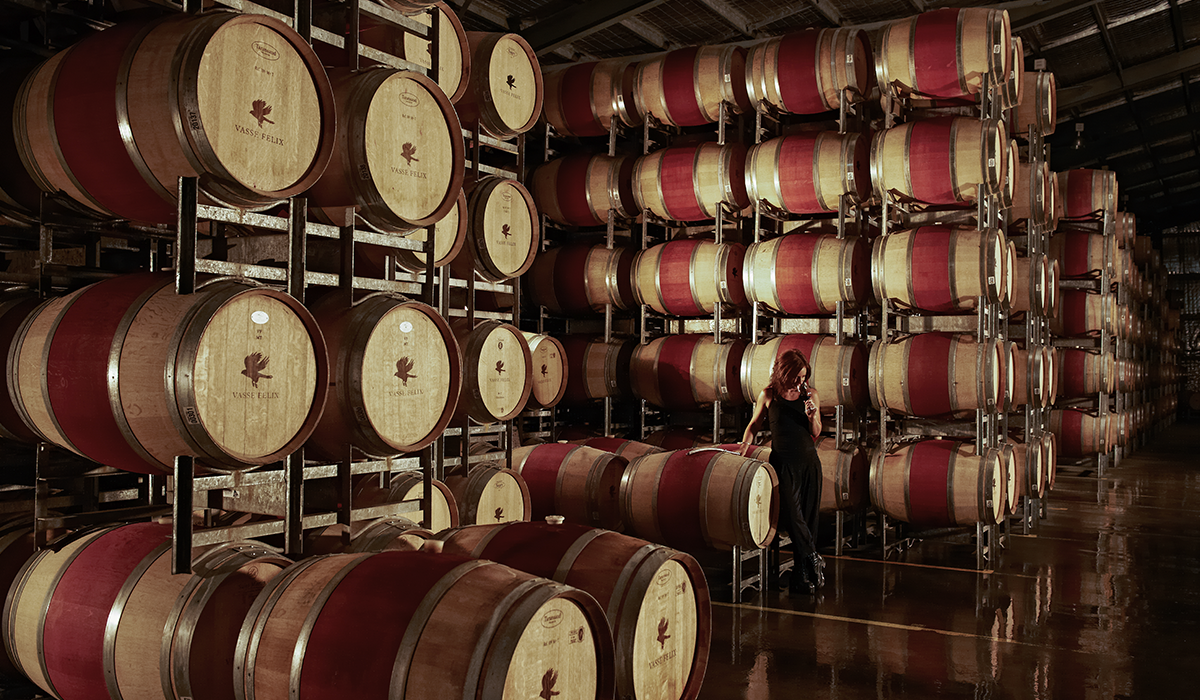
But there’s an even rarer club, and that’s the Unique (Wine) Voice Club. Very few wines qualify. Lots of wines – even single-vineyard wines – show clear regional character, and high quality, but that special, I-can’t-get-this-from-anywhere-else impression remains tantalisingly out of reach.
For a long time now, I’ve had Tyrrell’s 4 Acres Shiraz – a wine rarely seen outside of the captivity of its cellar door sales – as the unofficial chairperson of the Unique (Wine) Voice Club, or at least of the Australian chapter of it. The 4 Acres Shiraz tastes of the Hunter Valley in its own special way. There is no other Australian shiraz quite like it. It’s light. It’s lacy. It doesn’t hit you between the eyes; it gets under your skin when you’re not looking.
If Tyrrell’s ever wants to relinquish its unofficial chairpersonship of the Unique (Wine) Voice Club though, the role should go to a wine from Margaret River. There are many candidates for this role from this region, but there’s one with a clear and special voice, and its name is Tom Cullity, by Vasse Felix. It’s made (by winemaker Virginia Willcock) with cabernet sauvignon and malbec.
Vasse Felix is one of the Margaret River originals – it was founded by Tom Cullity in 1967 – but the first release under this name didn’t come until 2013. We were lucky at Halliday magazine to taste every release of this wine recently – vintages 2013 through 2020 inclusive – and what struck me most was not that every release, thus far, is outstanding, but that these wines are unique. They taste of Margaret River, they taste of cabernet sauvignon, and they taste of malbec, but as much as anything they taste of themselves.
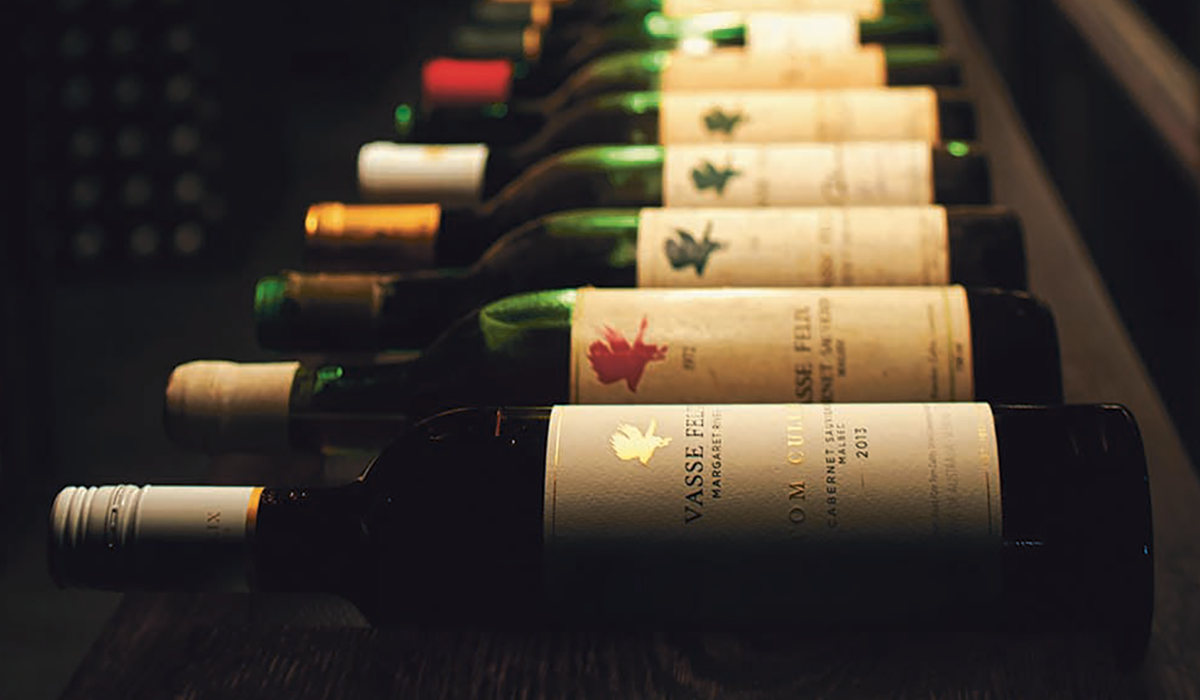
When Virginia interviewed for the job of winemaker at Vasse Felix, she was asked why she wanted to work there. “You’ve got the oldest vine cabernet and malbec in the region,” she replied, “but I can’t taste them in the wine.”
Needless to say, since then, Virginia has set about changing that. Tom Cullity Cabernet Malbec is the result. Interestingly – in the past – the wines made from these oldest vines on the Vasse Felix estate were often pushed back in Vasse Felix’s own hierarchy because they were seen to be “too light”. It was only once Virginia clawed deeper into the special-ness of her site – past, perhaps, the perfect sentences phase – that she came to see that this lightness was a part of what made the wine from these oldest vines so unique.
“It’s become a refined, elegant, succulent wine, fine, best on its own because it’s unique,” she says. “I look at the Tom Cullity and I look at the elegance and finesse and I think, it’s different, it’s beautiful, it’s fine-boned, and that’s why it’s stunning.”
It’s often assumed in wine that higher quality means higher intensity of flavour. It often does. But every now and then it’s the opposite: the magic is in the lightness, that unbearable, inherent lightness.
The latest release Tom Cullity – a 2019 vintage awarded 98 points by Jane Faulkner in the 2024 Companion – is a belter; it’s rolled gold for the cellar. But if you want to do yourself the ultimate of wine favours, track down the 2013 and/or 2014 releases. Boy oh boy, wow, what a pigeon pair these wines are. You bring these wines to your mouth and the world recedes, the traffic fades, you slip into a cloud of elegance and from there the past marches up at you, the journey to now, and from there you’re away, you’re moved, you’re done.
